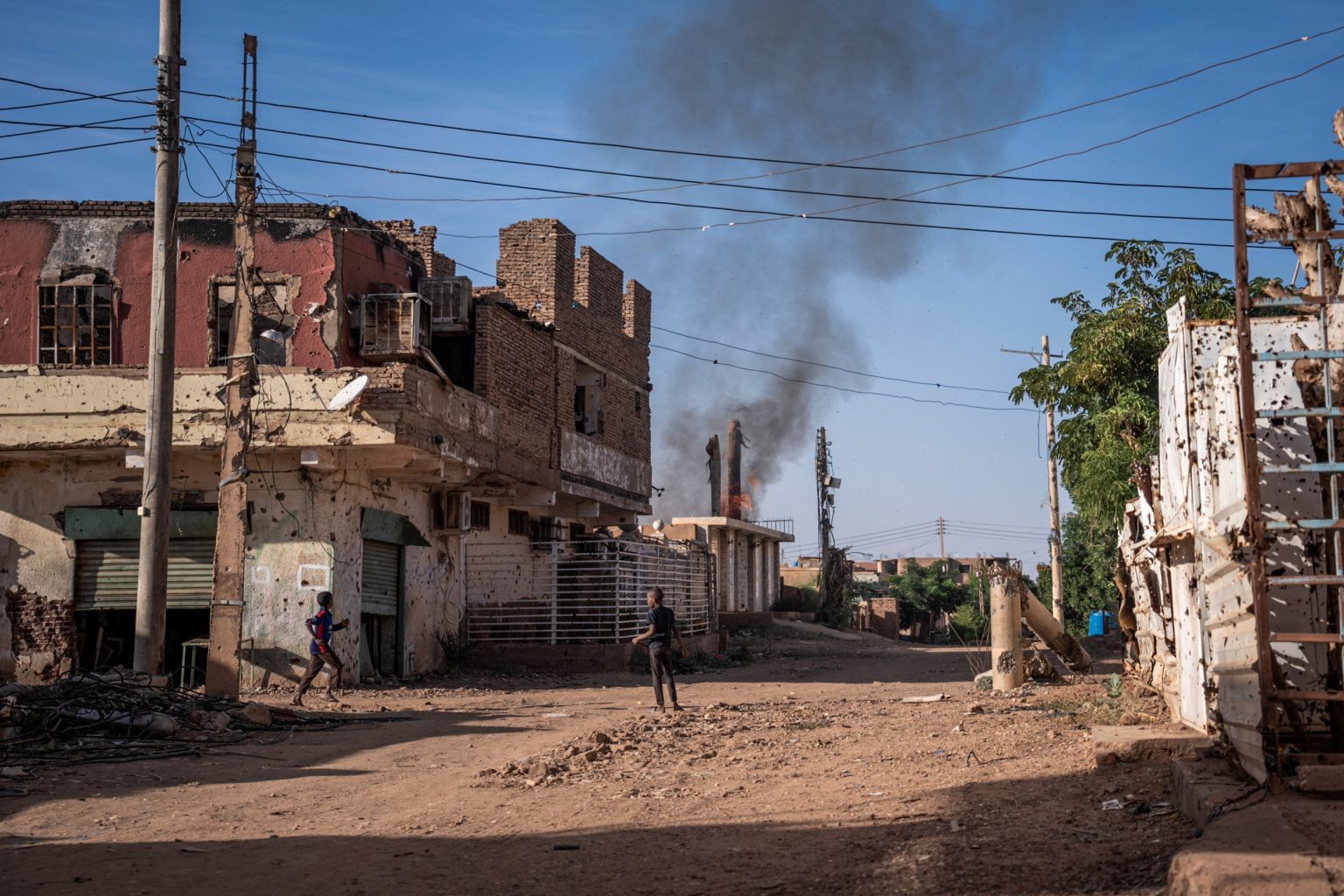The ongoing civil war in Sudan, a conflict marked by devastating humanitarian consequences, has drawn international scrutiny and condemnation, particularly from the United States. The recent decision by the U.S. to impose sanctions on the Rapid Support Forces (RSF), its leader General Mohamed Hamdan Dagalo (Hemedti), and their allies, has escalated tensions and prompted a strong reaction from the paramilitary group. The RSF has denounced the sanctions as “regrettable and unjust,” arguing that they were implemented without a comprehensive investigation to determine the true instigators of the conflict and the various atrocities committed by all parties involved. This escalating situation underscores the complex dynamics of the conflict and the challenges faced by international actors seeking to promote peace and accountability.
The roots of the current conflict trace back to the 2019 overthrow of longtime Sudanese President Omar al-Bashir, followed by a period of political instability and a subsequent coup in 2021. The RSF, initially formed from the Janjaweed militia accused of genocide in the Darfur conflict, and the Sudanese Armed Forces (SAF), led by General Abdel Fattah al-Burhan, were once allies in the transition process. However, their partnership fractured amidst power struggles and accusations of clinging to the remnants of the former regime. This internal power vacuum ignited the current civil war in April 2023, leaving the capital Khartoum divided, displacing millions, and creating a humanitarian crisis of global proportions.
The U.S. sanctions against the RSF, announced by Secretary of State Antony Blinken, stem from accusations of grave human rights abuses, including the systematic murder of men and boys, rape, and other forms of sexual violence against women and girls, particularly targeting specific ethnic groups. Blinken characterized these actions as “crimes against humanity and ethnic cleansing,” escalating to the level of “genocide.” While the U.S. acknowledges the SAF’s role in the ongoing violence and has accused them of war crimes, the specific designation of genocide against the RSF and allied militias signifies a significant escalation in U.S. policy towards the conflict. The RSF refutes these accusations, claiming that the U.S. has not provided specific details regarding the alleged genocide, including the targeted group and location, which they argue are necessary to meet the standards of the 1948 Genocide Convention.
The timing of the U.S. decision coincides with international scrutiny over the Biden administration’s stance on other conflicts, particularly the Israeli-Palestinian conflict. The administration has faced criticism for not labeling Israeli actions in Gaza as “genocide” or “ethnic cleansing,” leading to comparisons and questions regarding the different approaches taken towards different conflicts. This nuanced approach to international crises exposes complex geopolitical considerations and the potential for inconsistent applications of international law and humanitarian principles. The RSF has seized upon this perceived inconsistency, further fueling their criticism of the U.S. sanctions.
Beyond the direct involvement of the warring factions within Sudan, the conflict has drawn in regional and international actors, adding another layer of complexity. Reports of external support for both sides have surfaced, with allegations against the United Arab Emirates for providing military assistance to the RSF, despite denials from the UAE. These allegations have prompted concern and calls for investigation from U.S. lawmakers. Conversely, Russia has been accused of supporting both sides of the conflict, further muddying the waters and hindering efforts to achieve a peaceful resolution. The involvement of external actors highlights the potential for the conflict to escalate beyond Sudan’s borders and destabilize the wider region.
The Sudanese government, in contrast to the RSF, has welcomed the U.S. sanctions against the paramilitary group and its leader. They concur with the U.S. assessment of the RSF’s atrocities and the alleged financial activities supporting the conflict. This stark difference in reaction underscores the deep divisions within Sudan and the challenges in finding common ground for a peaceful resolution. The incoming U.S. administration will inherit this complex situation and will be faced with crucial decisions regarding its approach to the conflict. The legacy of the Trump administration’s engagement with Sudan, primarily focused on normalizing relations with Israel, adds another layer of complexity. The incoming administration will need to navigate these intricate dynamics, balancing diplomatic efforts with humanitarian concerns, and making difficult choices about the level and nature of U.S. involvement in the ongoing Sudanese crisis. The path forward remains uncertain, with the urgent need for a peaceful resolution overshadowed by the deeply entrenched divisions and the intricate web of international interests intertwined with the conflict.

